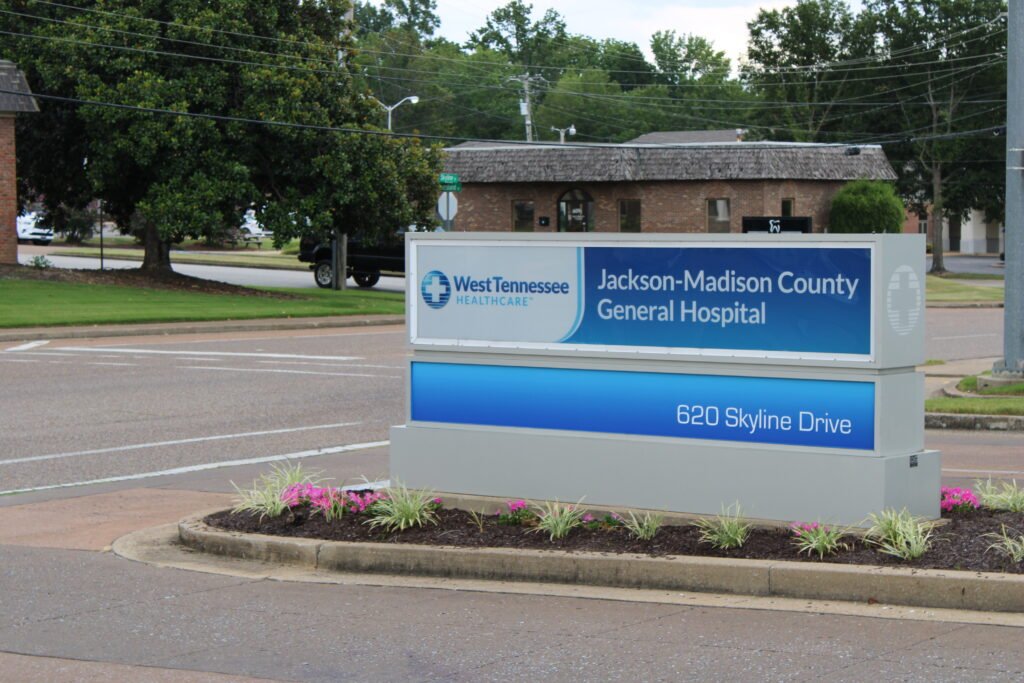Jackson Madison County General Hospital, the largest medical facility in West Tennessee, caters to 19 counties in the region.
West Tennessee Healthcare is exploring the use of artificial intelligence to improve hospital stay durations for patients, ensuring they aren’t kept longer than necessary.
The non-profit healthcare system is set to trial Dragonfly Navigate, an AI tool developed by the Franklin-based company Xsolis, aimed at improving the decision-making process regarding hospital admissions and discharges.
This healthcare provider serves nearly half a million individuals in West Tennessee, including those in rural areas, and has recently begun constructing a new hospital in Bolivar. They’ve been utilizing various products from Xsolis since 2022.
With the help of new AI-driven workflow technologies and real-time hospital data, the system helps assess whether patients can be securely discharged and specifies where they might go afterward—whether that’s a home, a skilled nursing facility, or long-term care.
“If a patient is in the hospital longer than expected according to our model, I alert the case manager to revisit the case and determine what’s causing the delay in discharge,” explained Joan Butters, the CEO and Founder of Xsolis.
Potential obstacles may include incomplete tests, pending x-rays, ongoing treatments, or missing doctor signatures. This new technology aims to assist case managers in swiftly identifying these issues without sifting through clinical data and documents manually.
“Our model doesn’t replace the necessary clinical judgments nor the expertise of healthcare professionals using our solutions,” Butters stated. “We’re simply here to make reaching decisions more efficient.”
Debbie Ashworth, the executive director of care management at West Tennessee Healthcare, added that the workflow enhances clinical expertise, promotes more proactive discharge plans, and allows for more focus on actual patient needs.
Implementing discharge planning early can minimize unnecessary hospital stays related to logistics. For instance, if a patient is slated for release from a skilled nursing facility, preparing in advance ensures there’s a bed available once they are cleared to leave the hospital, according to Butters.
Such measures may result in significant savings for hospitals, insurance providers, and patients alike.
“Every day, more patients are in the hospital longer than necessary—an average of $3,000 per day,” Butters pointed out. “If there are 10,000 discharges, and 20% of patients stay longer than needed, that’s millions lost. Plus, those occupied beds can’t be used for new patients.”
This workflow is also expected to lessen the friction and delays often experienced between healthcare providers and insurance companies.
Patients are likely to experience some advantages, too.
“Extended unnecessary hospital stays elevate the risk of complications, hospital-acquired infections, and potential readmissions,” Butters remarked.
Xsolis updates its AI models quarterly to adapt to shifting conditions and diverse patient populations. The company also conducts annual audits focusing on data, systems, and physical security.







